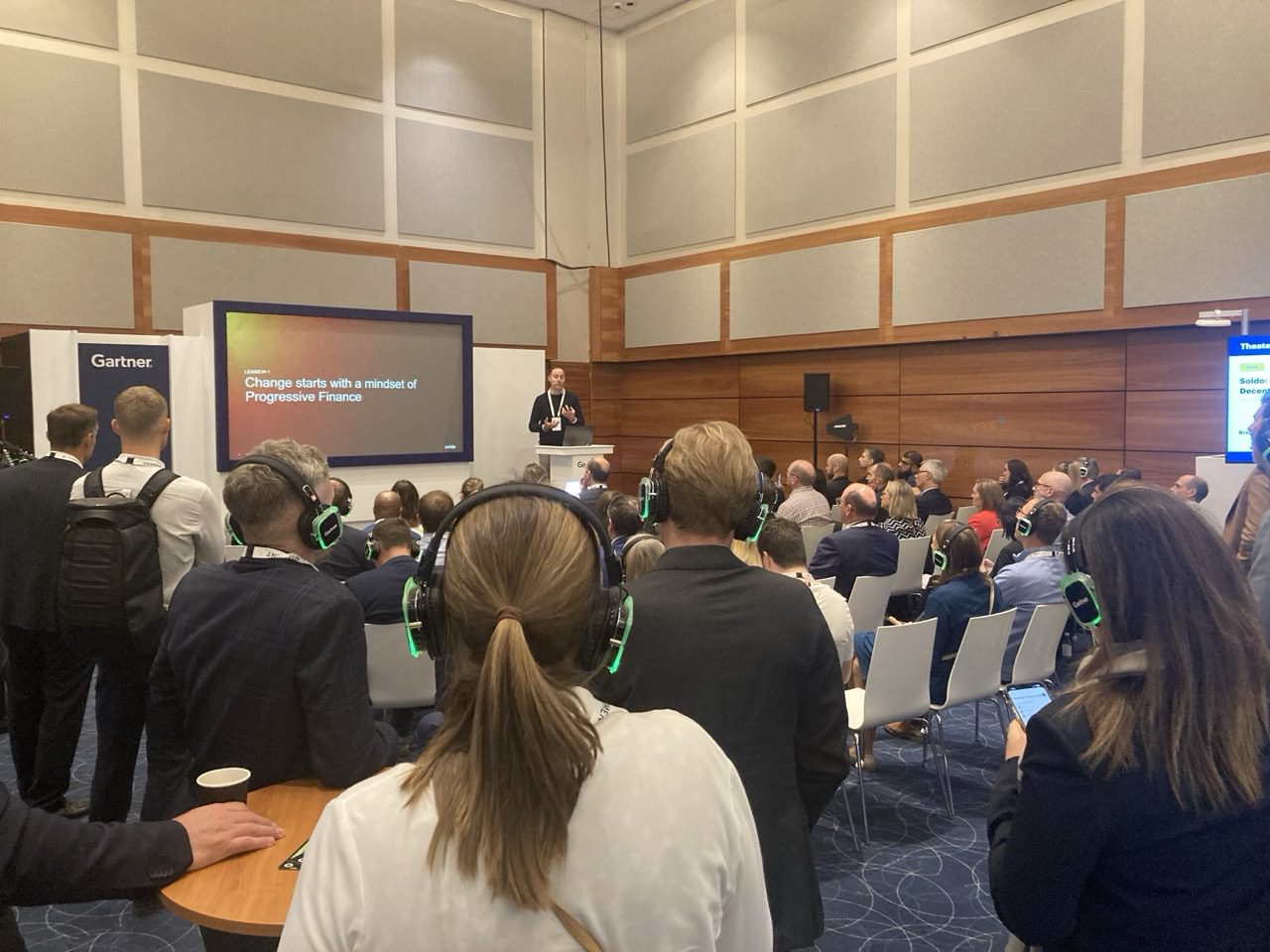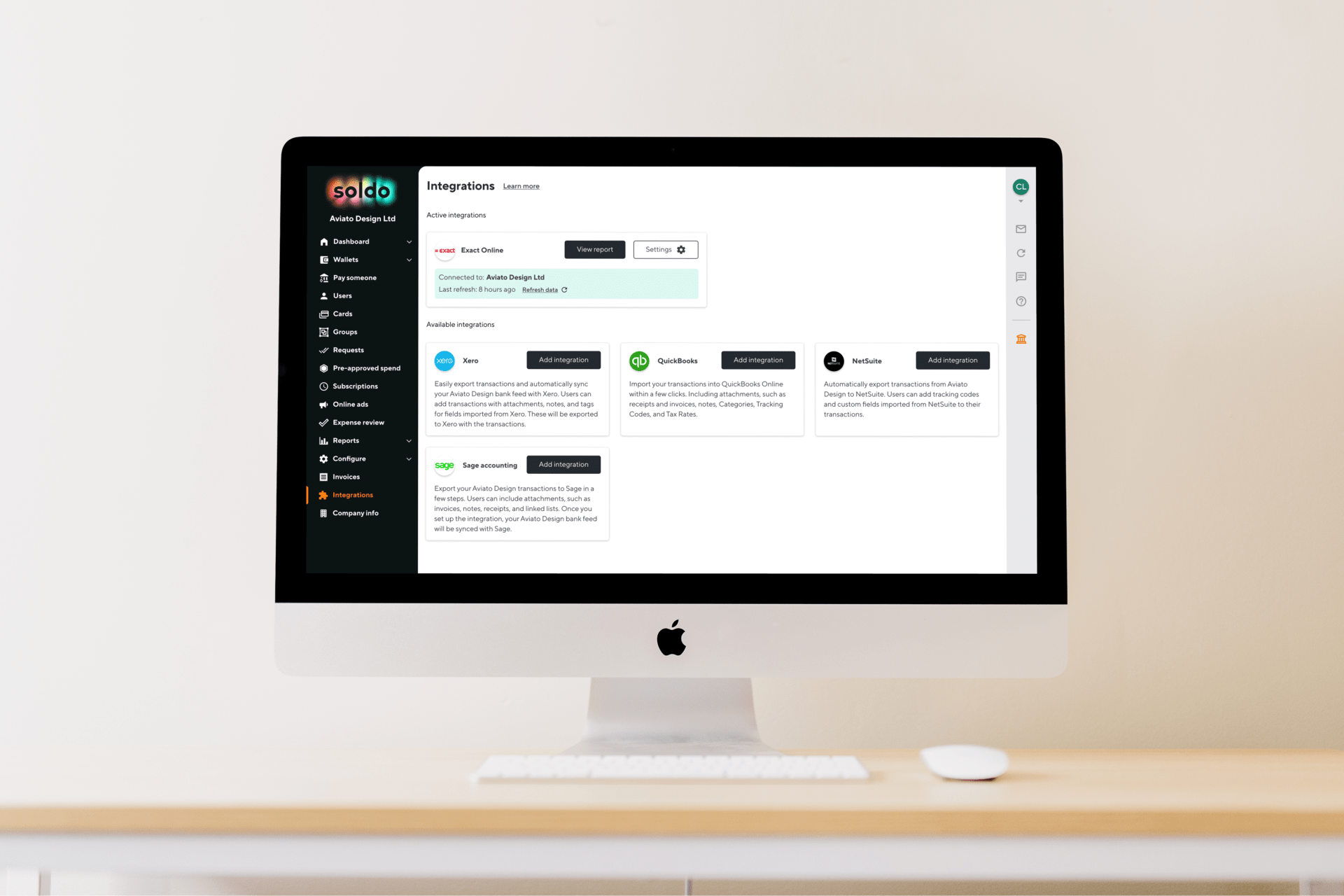This is a guest post by Christopher Argent, Founder of Generation CFO
We – finance professionals – are the lucky ones. That’s according to a CFO on a recent webinar on the finance function’s shift to remote working.
“We are information workers who are able to work from home. With the right tools, remote working is easy, even if it is not my preference”
If accounting and finance teams should be embracing the current climate as an opportunity to change, what should we be doing to work remotely effectively? If working remotely becomes the norm, we will rely more and more on digital capability to get work done. How would we keep adding value to the business and who would help us change what we do in finance? We try to answer some of these big questions in this article.
The Remote Finance Function is Here to Stay
Memes about going to work in pyjamas and recreating home commutes might be created in jest, but there is a clear message hidden within them. Working from home requires us to behave differently, therefore think differently, and it’s not as easy as many of us first thought.
Or as one colleague put it: “At first I loved it, but then I realised I am not really working from home. I am at home during a crisis trying to work as I did before, but everything has changed.”
The first thing we need to do on our implementation journey is to simply acknowledge that our working lives are not what they used to be. Whether its communication focused, collaboration focused, or classic reporting and finance operations focused, you need to work out what this change means for you as an individual and for your teams.
Fortunately, remote working is nothing new; our new ways of thinking and doing have been tried and tested by thousands of technology start-ups (Soldo included) and thousands of transformation projects. By taking best practice from them, we can shift to a more digital-focused ‘growth mindset’ and implement digitised ways of working to make this change happen.
How to Shift to a Growth Mindset to Adapt
New communication and collaboration tools can be very enticing. Still, when working remotely with these tools, no matter how exciting they may be, we need to look at what makes technology projects a success. The first step is to look at our mindset towards technology and in particular, the digital mindset.
Changing your mindset is difficult. Ask anyone who has tried to lose weight or change their spending habits. Most people don’t have a sustainable method to make change happen. Most people change only if the cards are massively stacked in their favour. Other times we have no choice but to change; COVID-19 has taught us that.
People who do not embrace change willingly are defined as having a fixed mindset; most people fall in this category. It’s a very natural way of being; as humans, we are more focused on managing risk than taking opportunities.
A growth mindset is the opposite; people who aim to learn more, innovate more, invest more, to overcome challenges and make a change. Many start-up technology CFOs are more ‘growth’ than ‘fixed’. Soldo’s Dynshaw Italia describes himself as having a growth mindset, despite being an expert in finance management and risk.
The shift to remote working allows the finance function to adapt more easily to a growth mindset and a more digital way of working. There are three things that you can do to help you move towards this new future:
- Build a community that defines your priorities
We have always thrived in communities, These networks are even more critical during a time of change or crisis. Having a peer group to talk to, share ideas with and help you gain support for an idea, is super helpful when making change. Not only does it bring people together to define priorities, but it also helps them understand the need for change.
- Encourage ideas and collaboration
As a leader, at times you may feel like you are the source of all ideas, strategy and solutions for your team. You are the boss, after all. But high performing teams make time for ideation. The process of coming up with ideas that have value to the business should be collaborative, including peers and other departments, and at times, external experts and stakeholders.
- Take small steps to build ability
As the saying goes, ‘talk is cheap’, but taking action on that talk is another story. At the moment, perhaps that isn’t so bad. We need to talk to take people on the change journey with us. This is a complete career change, not a one-off project. As long as we are taking action on our priorities and making steps towards new capabilities, we are heading in the right direction. A slow but solid start will make change sustainable by building a strong foundation to scale from.
Organise Teams Remotely
Working remotely is nothing new to many people. Teams are often split between business-facing engagement, central project management (both usually in the same location as the users) and remote technology and implementation, sometimes working in different countries, cultures and time zones.
Using remote working best practice during lockdown has given many finance professionals an advantage. Working from home has not hindered lines of communication or collaboration processes. The individuals that are thriving have often previously worked with finance transformation project teams. What can we learn from these remote teams, and why is it essential to change our ways of working to be more like them?
Same, but different
The digital finance transformation team aims to change people and processes using data, tools and systems, allowing the finance function to work more effectively and efficiently. The function can offer more data-enabled insight to the business using the tools and time saved, to partner with the firm more closely.
As mentioned earlier, remote working is not about using the same ways of working as in the office. It is a set of new behaviours, skills and attitudes that link us as individual workers to the wider group. If remote working, or a hybrid approach, becomes the new normal, we must transform our processes To do this, the team has to drop the traditional hierarchical finance function.
Imagine you’re in a Whatsapp group with your friends and you’re organising a party. Ideas and details are shared in the group. But what if some of your friends aren’t on Whatsapp?
If you shared your ideas and fun plans on the Whatsapp group, your non-Whatsapp friends have now had a very different experience. It almost seems like their opinion doesn’t count, or they aren’t as important as the people in the Whatsapp group.
While it might be tempting to focus your efforts on the digital natives and champions on your team, take care to take everyone with you when you start changing your processes. We must all commit to change together. That will result in true transformation.
These new ways of working requires everyone to adapt, think, and change how they behave and execute their work. Fortunately, we have tried and tested methods to make this shift, courtesy of the finance transformation discipline.
Adapt to Agility
The hierarchical nature of our finance processes and in the main, the compliance-focused people who manage them, means our classic finance function agility scores are low.
It is not that we can’t be adaptable and use more agile methods. Our work needs to be organised and structured so we can carry out all aspects of our roles, from reporting to compliance to regulatory disclosure.
As a result, it is hard for us to adapt and flex when needed. Almost everything we do is interdependent on something or someone in the business. This could be anything from relying on a line of business to send budget information for review and consolidation, to waiting for master data to be updated.
Responding to top priorities such as spend management, one of the top three CFO priorities in Generation CFO’s The Impact of COVID-19 on the CFO and Finance Team research report, can be hard when classic finance functions are not set up or enabled to respond to these problems.
Engaging with business and spend management vendors such as Soldo to implement a valuable solution quickly is going to be a massive ask for any busy finance team member, no matter how outstanding the vendor. That’s why we need the agility of a Digital Finance Function.
How to Use a Digital Finance Function to Support Digital Transformation Remotely
The reimagining of the CFO and finance function for the digital age, and delivery of this vision, is the aim of the Digital Finance Function (DFF). It takes a ‘digital-first’ approach to problem-solving, using digital assets to achieve the CFO’s goals.
The DFF can be a formal or informal group of multidisciplinary talent from your business community, focusing on valuable business outcomes that the CFO can champion and invest in.
It means the focus is on business outcomes in addition to finance function outcomes, aligning them to the overall strategic plan.
T-Shaped DFF Team
A T-shaped DFF team has in-depth knowledge and skills in specific areas of digital transformation, along with the desire and ability to partner with the classic finance function and across the CFO’s business partnering disciplines.
The DFF can enable and empower the traditional accounting and finance function. It impacts on areas such as reporting and data visualisation, forecasting and data science, process automation and integration, user experience and user apps, data management and data strategy.
Project Example One
Let’s say our cross-functional community is prioritising revenue growth and customer conversion during COVID-19. The business decides it needs a new customer onboarding process. Traditionally, this might have been an IT project or outsourced to a consultancy. With your new team, however, you can see this supports revenue growth or retention, so you make it a CFO lead project, and the DFF gets to work.
Taking a digital-first approach, they look at ways to simplify and automate the process, linking the value of this project to relevant customer KPIs – customer conversion and net promoter score, for example.
On the face of it, you may say this is not a finance project, but it is classic finance thinking. DFF thinking can see this as an opportunity to improve financial KPIs (using digital means) and to partner with the business more directly to help them improve their performance aka finance business partnering activities.
Project Example Two
Let’s say the business needs to report and forecast more frequently to control and take corrective action on these purchases. In a classic finance function, we may try to increase the frequency of reporting and forecasting. However, this may be at the detriment of detail and quality, as many of our processes are not fit for realtime or high detail/frequency purposes.
But if this project is going to result in more action being taken, and more spend going on the right places (i.e., the best products and projects with the highest return investments), it’s worth doing.
The DFF may look for solutions that include more integration, data availability, better tools for reporting and analysis to help managers improve visibility. Ultimately, it allows managers to intervene and reallocate funds to more profitable products or projects.
So by taking a Digital Finance Function approach, the CFO has someone to help them run with these high impact, high-value projects. At the same time, the classic finance function continues with its core, and collaborates and learns the art of the possible with digital finance.
Adding the special sauce
We are not all starting from the same place when it comes to finance transformation and the digital finance team.
Some CFOs are not interested. Some are, but do not have the knowledge to start. Some don’t have the team to start. Some are well on their way but need more rigour in what they do and how it aligns to the business and the classic finance function.
There is no perfect strategy for the CFO to implement as each solution will be different because every company is different. Its strategic goals, talent and attitudes towards technology and change will be unique.
That said, we can bring in several practices that will lead to better understanding and implementation of the Digital Finance Function.
Skills Mix
If the CFO is championing change but is unclear about where to start, the finance team (and the wider business) needs to understand why it is making the change. How will it impact them and their careers? The team should then dig a little deeper and learn what’s possible digitally.
At the same time, the CFO and broader business need to be forming a change community and creating a shortlist of business priorities that need improving. During COVID-19, these may have included more frequent profitability reporting, more visibility and control of spending, better cash management and forecasting, and automating these processes to reduce manual intervention.
Next, the finance team needs to agree which priorities have the most value, and which ones will lead the transformation agenda. This would include details such as: how this is going to happen? What resource is needed? What business outcomes class as project success? The team then creates a plan or business case for CFO sign-off.
Resource Mix
Finally, the DFF will manage and deliver the project using its T-shaped cross-disciplinary skills, including business knowledge, process knowledge, data skills, agile implementation skills, and finance domain knowledge to complete the project.
At first, this is likely to include a mix of internal and external resources, especially if there is a clear destination to purchase and implement a tool. But some automation and reporting capability may be more internally generated and may use internal talent and technology only. Getting this mix right and developing as the DFF grows into more and more valuable areas is vital.
Conclusion
Remote working has accelerated our use of communication and collaboration technology and has shifted our attitude towards tech in general. This creates an opportunity for further digital transformation, and by accelerating the creation of the Digital Finance Function, business needs – and the people and technology projects that follow – are managed more effectively.
Whether remote working is going to be the norm or not, the way finance teams work needs to change as businesses shift to a more digitally transformed state. The CFO’s ability to move with this digital trend, enabling and empowering their teams, is going to be the difference between business-impacting success or back-office irrelevance.
Authored by Christopher Argent, Founder of Generation CFO.
The finance professional’s community to network, work smarter and drive digital change. We provide insightful, platform-agnostic commentary and resources to help finance teams transform their businesses through the use of technology. Join to learn from your peers, validate decisions and achieve digital transformation. Founded by Christopher Argent in 2009, Generation CFO aims to help CFOs modernise the finance function with digital tools and a digital mindset. With his 25 years as CFO and BI, EPM and Analytics Programmes, he is on a mission to make finance transformation common practice.












